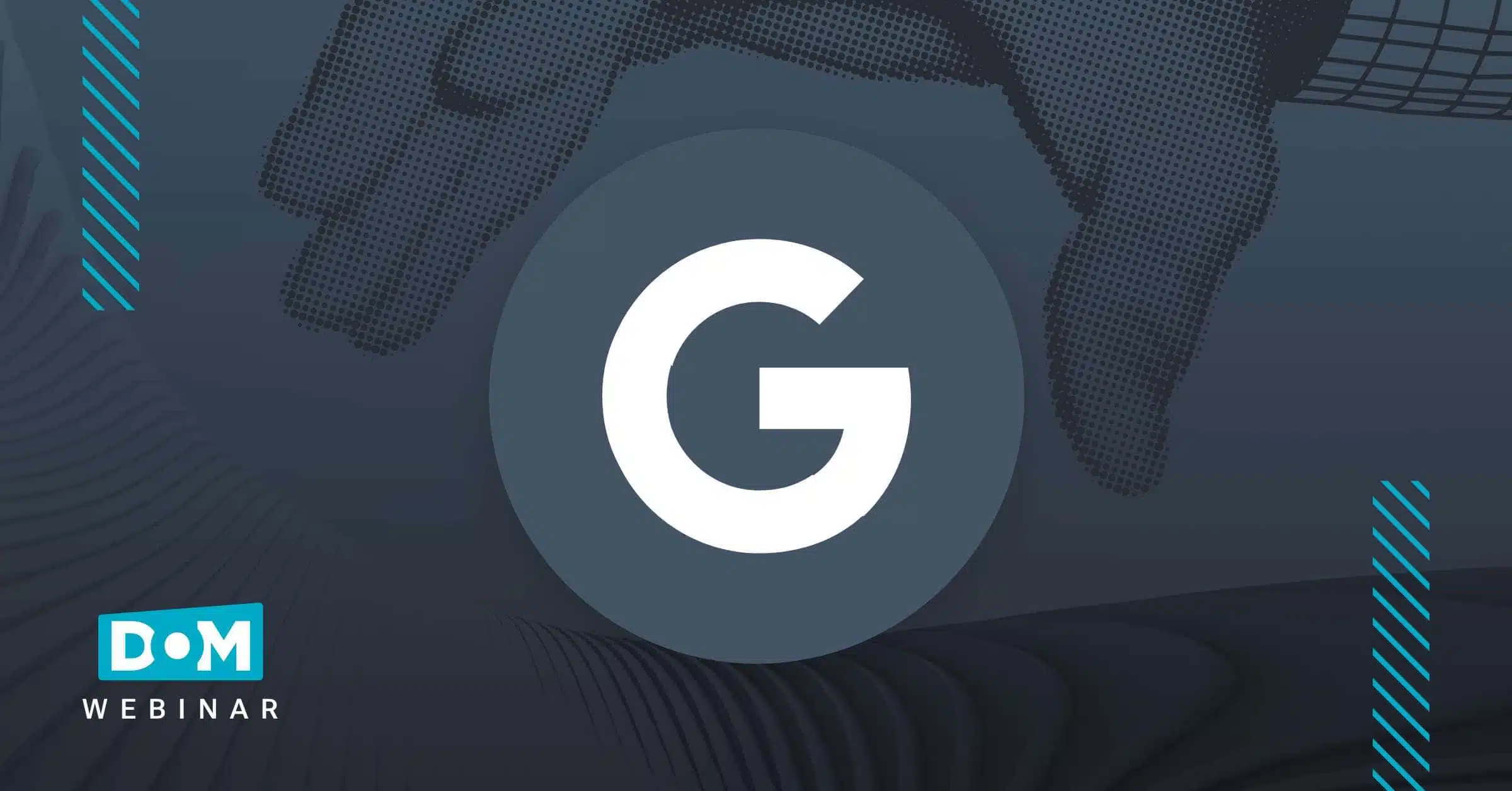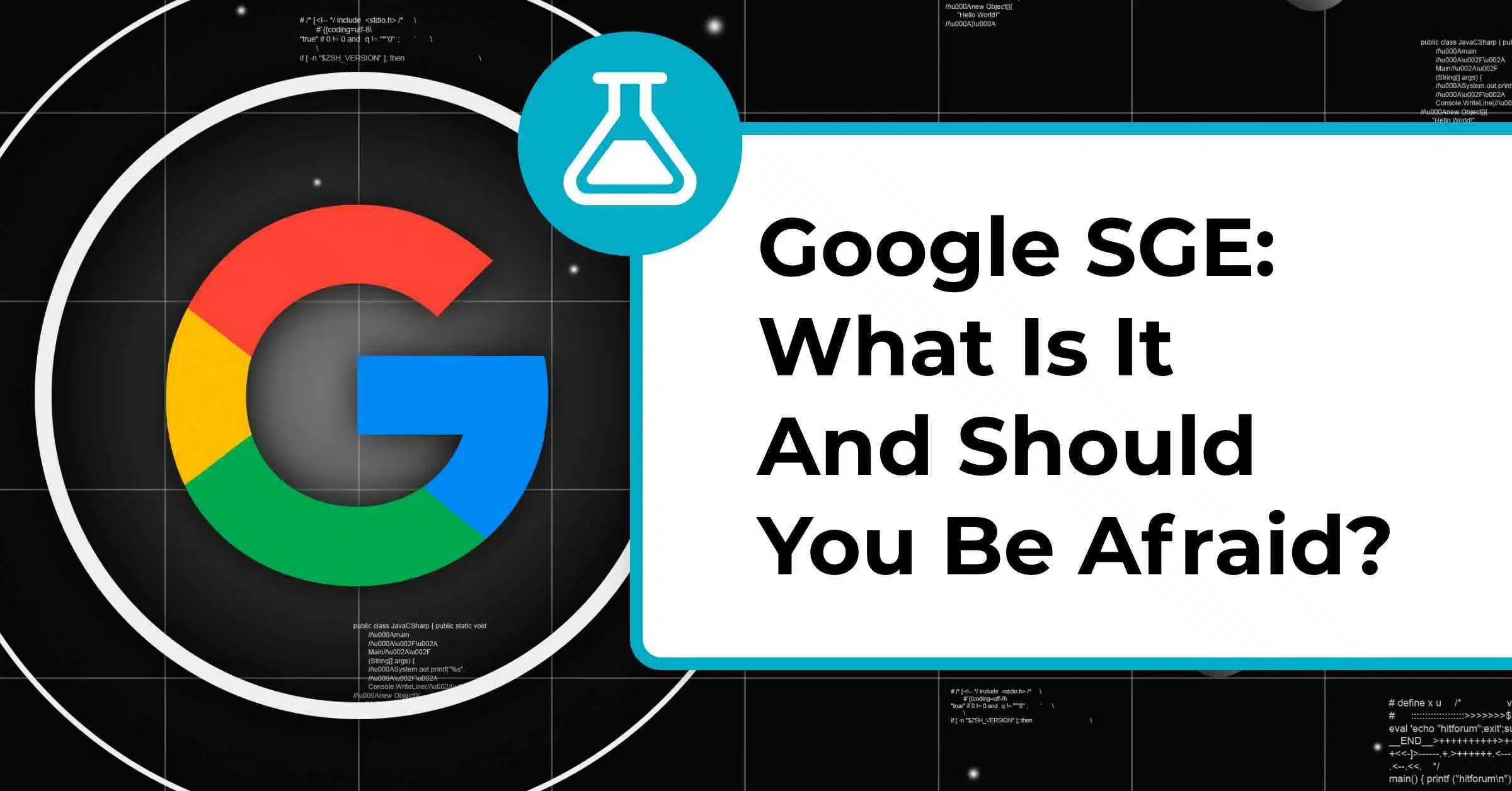
Just the other day I was yakking to Justin about the answer to life, the universe and everything in relation to smashing pies with sledgehammers and had to explain what it was.
No prizes for knowing that it’s 42.
One of the things (in fact the only thing) about my ability to awake with the sparrows is that I get to see a very British twitter stream. Or, a very British set of trending topics.
Yesterday morning had my countrymen and women en masse tweeting about the guy, who wrote about the ultimate answer being 42 in The Hitchhiker’s Guide to the Galaxy, Douglas Adams, and it being the ten year anniversary of his death.
Besides Hitchiker’s and writing some of the best ‘old’ Doctor Who episodes, Adams wrote the following back in 1999:
How to Stop Worrying and Learn to Love the Internet
I suppose earlier generations had to sit through all this huffing and puffing with the invention of television, the phone, cinema, radio, the car, the bicycle, printing, the wheel and so on, but you would think we would learn the way these things work, which is this:
1) everything that’s already in the world when you’re born is just normal;
2) anything that gets invented between then and before you turn thirty is incredibly exciting and creative and with any luck you can make a career out of it;
3) anything that gets invented after you’re thirty is against the natural order of things and the beginning of the end of civilisation as we know it until it’s been around for about ten years when it gradually turns out to be alright really.Apply this list to movies, rock music, word processors and mobile phones to work out how old you are.
Your task this morning isn’t difficult:
Read that article then pass it on to the digital naysayer in your department, company or life.
Then, once they’ve digested that comedy midget gem and embraced the internet in its entirety, have them consider Google’s reinvention of their version of the internet in a post-Panda world.
The search behemoth asks you to step into a Google mindset and ask yourself the following points about any given page or site in terms of its rank-worthiness:
• Would you trust the information presented in this article?
• Is this article written by an expert or enthusiast who knows the topic well, or is it more shallow in nature?
• Does the site have duplicate, overlapping, or redundant articles on the same or similar topics with slightly different keyword variations?
• Would you be comfortable giving your credit card information to this site?
• Does this article have spelling, stylistic, or factual errors?
• Are the topics driven by genuine interests of readers of the site, or does the site generate content by attempting to guess what might rank well in search engines?
• Does the article provide original content or information, original reporting, original research, or original analysis?
• Does the page provide substantial value when compared to other pages in search results?
• How much quality control is done on content?
• Does the article describe both sides of a story?
• Is the site a recognized authority on its topic?
• Is the content mass-produced by or outsourced to a large number of creators, or spread across a large network of sites, so that individual pages or sites don’t get as much attention or care?
• Was the article edited well, or does it appear sloppy or hastily produced?
• For a health related query, would you trust information from this site?
• Would you recognize this site as an authoritative source when mentioned by name?
• Does this article provide a complete or comprehensive description of the topic?
• Does this article contain insightful analysis or interesting information that is beyond obvious?
• Is this the sort of page you’d want to bookmark, share with a friend, or recommend?
• Does this article have an excessive amount of ads that distract from or interfere with the main content?
• Would you expect to see this article in a printed magazine, encyclopedia or book?
• Are the articles short, unsubstantial, or otherwise lacking in helpful specifics?
• Are the pages produced with great care and attention to detail vs. less attention to detail?
• Would users complain when they see pages from this site?
The above is Google coyly flashing a bit of their algorithmic thigh without showing any flesh. It’s probably nothing more than a typed recollection of a brainstorming meeting held by Amit Singhal and his cronies in some Waffle House.
By all means take those at face value and keep blathering the platitudes, or have a read of this particularly stinging rebuttal.
Personally, I’ve started using bing more. 😉


